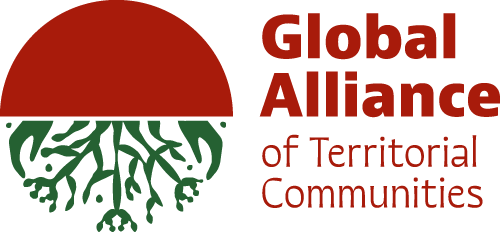Organização comunitária e solidariedade diante das adversidades
Solidariedade, unidade e organização comunitária permitiram proteger milhões de pessoas durante a pandemia na Indonésia, o maior país insular do mundo
Tab #1
Tab #2
Tab #1
Lorem ipsum dolor sit amet, consectetur adipiscing elit. Ut elit tellus, luctus nec ullamcorper mattis, pulvinar dapibus leo.
Tab #2
Lorem ipsum dolor sit amet, consectetur adipiscing elit. Ut elit tellus, luctus nec ullamcorper mattis, pulvinar dapibus leo.
